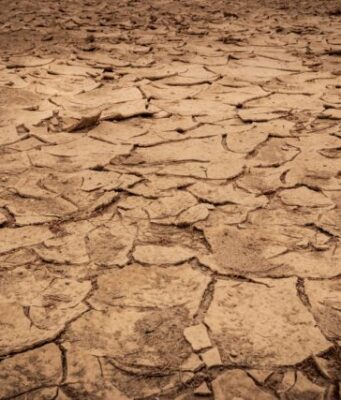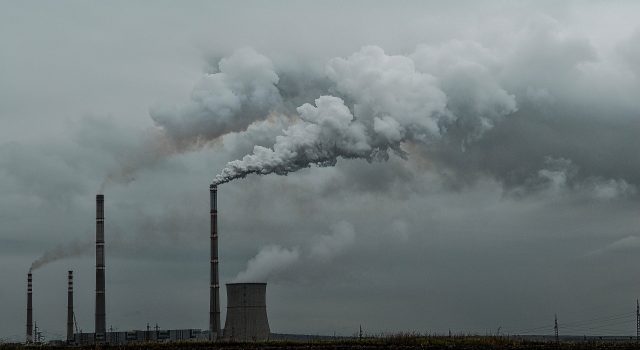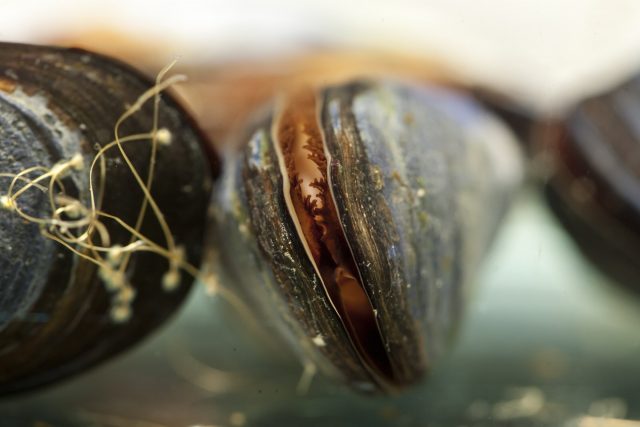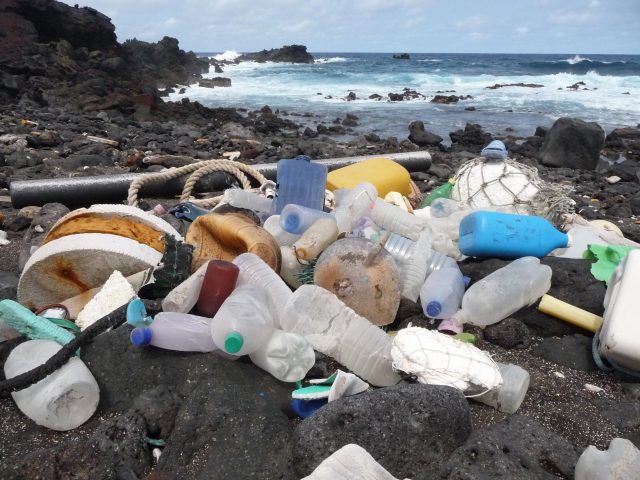Rising nitrous oxide (N2O) emissions are jeopardizing the climate goals of the Paris Agreement, according to a major new study by an international team of scientists.
The growing use of nitrogen fertilizers in the production of food worldwide is increasing...
The world's sea floor is littered with an estimated 14 million tonnes of microplastics, broken down from the masses of rubbish entering the oceans every year, according to Australia's national science agency.
The quantity of the tiny pollutants was 25...
A larger part of the Amazon rainforest than previously believed is at risk of crossing a tipping point at which it would become a savanna-type ecosystem, according to new research. The study, based on computer models and data analysis,...
Microscopic fibers created during the laundry cycle can cause damage to the gills, liver and DNA of marine species, according to new research.
Scientists at the University of Plymouth exposed the Mediterranean mussel (Mytilus galloprovincialis), found in various locations across...
Ecologists studying the prevalence of plastic pollution in aquatic ecosystems around the world are concerned after measuring the scale of human response needed to reduce future emissions and manage what's already floating around out there.
"Unless growth in plastic production and use...
When volcanos erupt, these geologic monsters produce tremendous clouds of ash and dust—plumes that can blacken the sky, shut down air traffic and reach heights of roughly 25 miles above Earth's surface.
A new study led by the University of...
Plant protein foods—like lentils, beans, and nuts—can provide vital nutrients using a small fraction of the land required to produce meat and dairy. By shifting to these foods, much of the remaining land could support ecosystems that absorb CO2,...
Asphalt is a near-ubiquitous substance—it's found in roads, on roofs and in driveways—but its chemical emissions rarely figure into urban air quality management plans.
A new study finds that asphalt is a significant source of air pollutants in urban areas, especially on...
The active ingredients found in sunscreen have detrimental effects on freshwater ecosystems, according to new research by University of Alberta biologists.
The results show that long-term exposure to ultraviolet (UV) filters—including avobenzone, oxybenzone, and octocrylene—is lethal for some organisms living...
Researchers have warned that mining threats to biodiversity caused by renewable energy production could surpass those averted by climate change mitigation.
A University of Queensland study found protected areas, key biodiversity areas and the world's remaining wilderness would be under growing pressure from...
Biofuel and bioenergy systems are integral to scenarios for displacing fossil fuel use and producing negative emissions through carbon capture and storage. But the net greenhouse gas mitigation benefit of these systems has been controversial, due to concerns around...


















